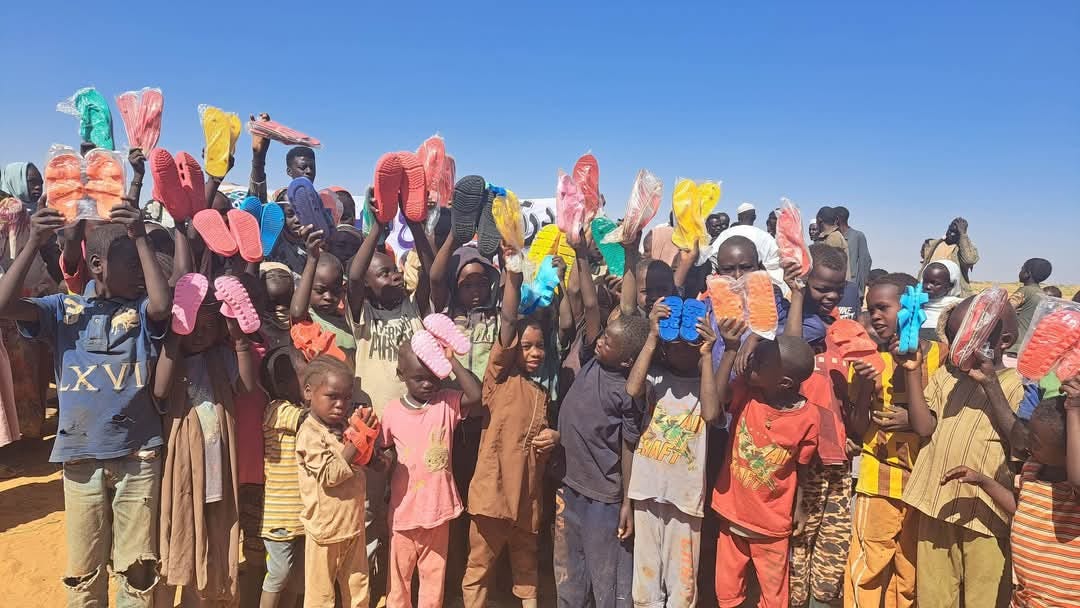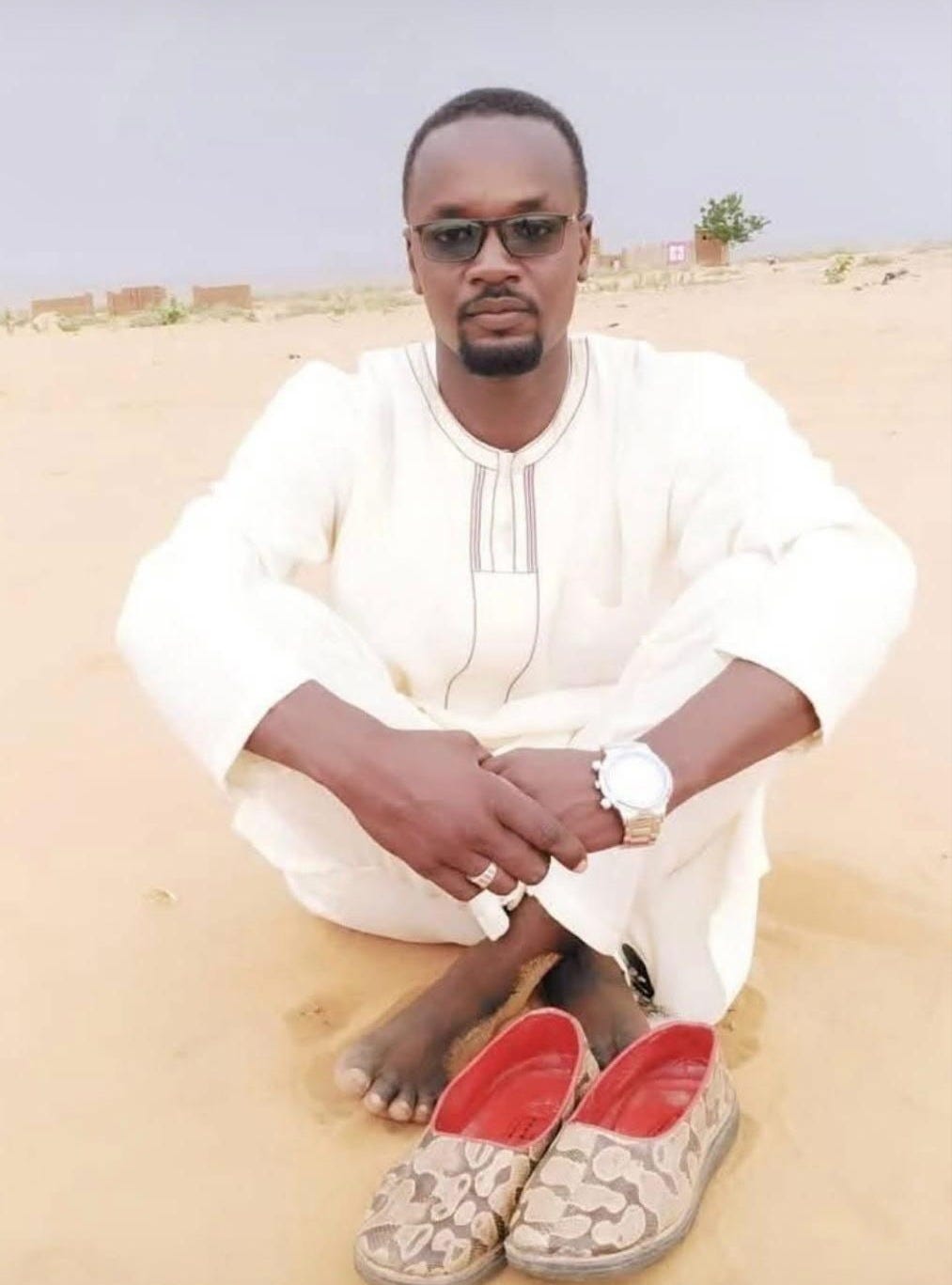Sudan: Us vs them – in a good way
‘Stay with Gisma’ is one woman’s attempt to alleviate famine.
Mahasin Dahab
The war in Sudan is often reduced to numbers – 12-million people displaced – or shorthand – “two generals fighting for power”. Then there are the labels – “forgotten”, “nihilistic”, and “war about nothing”. This framing oversimplifies the actors at its centre and erases the people in its path. In North Darfur’s capital, El Fasher , residents who are organising to survive an ongoing 14-month RSF siege defy such flattening.
The SAF and the RSF have fought 227 battles for control of El Fasher , the last Darfur city outside RSF hands. That is no accident. If the RSF prevails, Sudan’s map could be redrawn along ethnic lines. Historically, El Fasher embraced all tribes, its sultans gathering traders of all ethnicities whose wares connected Sudan from north to south and east to west into the Sahel. A banner at the city’s gate welcomes visitors as “friends and guests”.
For the first year after war erupted in April 2023, North Darfur existed in a balance between “no war, no peace” as religious leaders, journalists, activists, and its elders and mediation committee tried to maintain a fragile neutrality.
When that balance collapsed in April 2024, life for Gisma Ahmed Khamis and her family changed overnight. Echoes of artillery and the smell of arsine gas “became the new norm”, she says. They fled to Zamzam camp outside the city.
Khamis, a former university student, became an organiser. She recalls meeting a mother of five feeding her children animal fodder and a young orphan whose only request was a pair of slippers. These moments sparked “Stay with Gisma”, an initiative for orphans and children with disabilities.
The organisation provides them with food, clothing, and psychological first aid. Using Facebook, Khamis mobilised Sudan’s diaspora to fund community kitchens. She braved the market on foot or by donkey for supplies to cook with other women for dozens of families.
The volunteers paid dearly.
On 11 April 2025, RSF attacked Zamzam camp, filming the assault for its propaganda. Khamis and her family hid for two days in a trench with little food or water. Between 11 and 13 April, 50 helpers – including Relief International staff – were tortured and killed.
With RSF fighters searching for her by name, Khamis escaped to Uganda’s Kiryandongo Refugee Settlement, travelling in a niqab to hide her face. “If my face were not hidden, I would have died a long time ago,” she says.
Many in El Fasher refuse to leave. Mohammed Ismaeil lives in Daraga Oula, where Zaghawa men are prime RSF targets. He has buried 57 relatives, including his father. Ismaeil, who is in his late 20s and a father himself, says each loss strengthens his resolve to protect his home, despite dwindling food, relentless shelling, and severed lifelines.
Like Khamis, Ismaeil describes daily terror: the constant thud of artillery; the cries of the wounded; and heavy, silent grief after each clash. For him, this is Darfur’s worst war – not for its scale but for the isolation and silence around it. Staying, he says, is an act of defiance: a refusal to be erased, a stand against genocide, and a way to preserve dignity.
Ismaeil also blames neighbouring African states for aiding the siege. He says mercenaries from Chad, Libya, Niger, and even Colombia fight alongside the RSF, backed by the UAE.
The siege itself is a starvation tactic.
Prices for essentials are now 10 times higher than in the rest of Darfur. RSF forces and their allies block food, water, and goods, while killing, extorting, and exploiting civilians. It has forced a mass exodus toward Tawila in North Darfur – yet conditions are dire even there.
The world has largely turned away. In 2025, Sudan’s humanitarian needs were assessed to be $4.3-billion, which would reach 20-million people, but international support given thus far is only 10% of that amount. Still – contrary to the recent claim in The Atlantic that Americans, and international law, organisations and diplomats, have been “replaced by nothing” – civilians have stepped in to provide care, structure, and hope even as they negotiate their own grief and survival.



